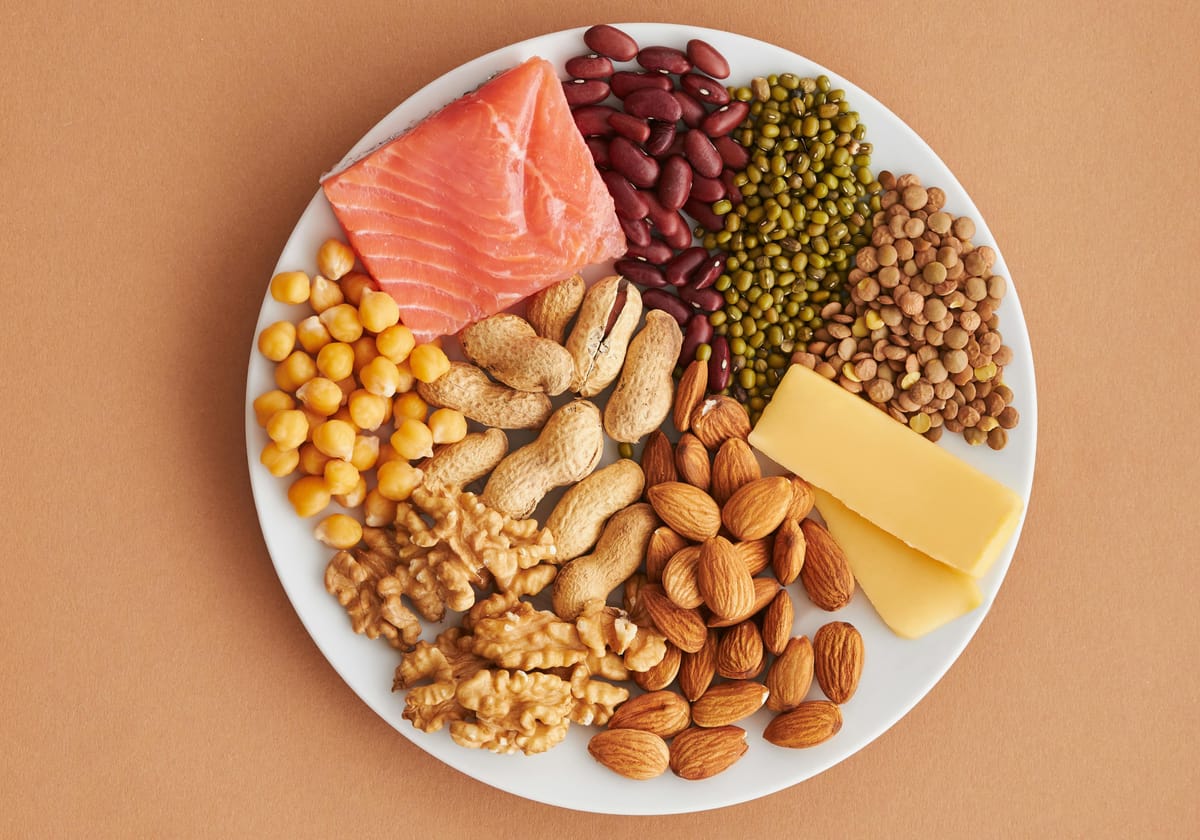Whole Foods vs. Ultra-Processed: What It Means for Your Energy and Mood
Your food choices impact more than just your waistline. The difference between whole foods and processed foods goes beyond nutrition. It affects your energy levels and mood in ways you might not realize. Keep reading to see why the food you eat could be the secret to feeling better inside and out.

In today’s fast-paced world, grabbing a quick snack or meal on the go is the norm. But have you ever wondered how these choices affect how you feel, both physically and mentally?
When it comes to fueling your body, the difference between whole foods and ultra-processed foods can be huge. Let’s take a closer look at what these foods do to your energy and mood.
Nutritional composition: What’s actually inside your food?
Whole foods
Think of whole foods as the real deal; fruits, vegetables, whole grains, nuts, and seeds.
These foods are packed with fiber, vitamins, and minerals, and they keep you fueled in a steady, consistent way.
They give you a mix of slow-digesting carbs, healthy fats, and proteins that your body needs to function.
A fresh salad, a handful of nuts, or a bowl of oats all give you energy without the rollercoaster ride.
Ultra-processed foods
Now, let’s talk about ultra-processed foods. These are things like chips, sugary sodas, and frozen dinners.
They’re often loaded with refined sugars, unhealthy fats, and additives to make them taste good and last longer.
While they might be convenient, they’re lacking in the nutrients your body craves.
You might get a quick sugar rush, but it won’t be long before your energy crashes, leaving you feeling sluggish and craving more.
How Do These Foods Affect Your Energy?
Whole foods
When you eat whole foods, you’re giving your body what it needs to maintain steady energy levels.
Foods like oats or leafy greens provide slow-releasing energy, meaning no sudden sugar spikes followed by crashes.
Plus, they’re full of nutrients like magnesium and B vitamins that help your cells produce the energy you need.
You won’t find yourself hitting a wall halfway through the day if you stick with these nutrient-dense foods.
Ultra-processed foods
Ultra-processed foods? Not so much. They give you that quick boost, but it doesn’t last.
Refined sugars and simple carbs cause your blood sugar to spike quickly, but it’s followed by an energy crash.
Studies show that people eating ultra-processed foods tend to consume more calories, which leaves them feeling sluggish.
These foods mess with your metabolism, making it harder for your body to use energy efficiently.
What About Your Mood?
Whole foods
What you eat doesn’t just affect your body; it also affects your mind. Whole foods are packed with mood-boosting nutrients.
Omega-3 fatty acids (found in foods like walnuts) and antioxidants (in berries) help protect your brain and reduce feelings of anxiety and depression.
Whole foods also help keep your blood sugar stable, which means fewer mood swings and irritability.
Plus, the fiber in these foods helps feed the healthy bacteria in your gut, which produces neurotransmitters like serotonin; your “feel-good” chemical.
Ultra-processed foods
On the flip side, ultra-processed foods can take a toll on your mental health. They can disrupt your gut bacteria and lead to higher levels of inflammation, which is linked to mood disorders like anxiety and depression.
Plus, the combination of sugar and fat in these foods can trigger cravings and make you feel like you’re stuck in an unhealthy cycle.
That constant cycle of cravings, guilt, and overconsumption can leave you feeling mentally drained.
Why Does This Matter?
Keeping your energy up
Whole foods keep you feeling energized throughout the day, while ultra-processed foods often leave you feeling tired and irritable.
If you want to stay focused and feel good, it’s worth making whole foods a bigger part of your diet. You’ll notice fewer energy crashes and a more consistent mood.
Your mental health matters too
What you eat is a huge factor in how you feel mentally.
Whole foods support a healthy gut, stabilize your blood sugar, and provide your brain with essential nutrients.
In contrast, ultra-processed foods can make things worse by causing inflammation and messing with your brain’s chemical balance.
So, What’s the Takeaway?
It’s not always easy to avoid ultra-processed foods but let’s be real, they’re convenient. But the more you prioritize whole foods like fruits, veggies, whole grains, and nuts, the better you’ll feel, both physically and mentally.
It’s about finding balance, not perfection. So next time you’re hungry, think about what’s going to fuel your body and mind for the long haul. Your energy and mood will thank you.